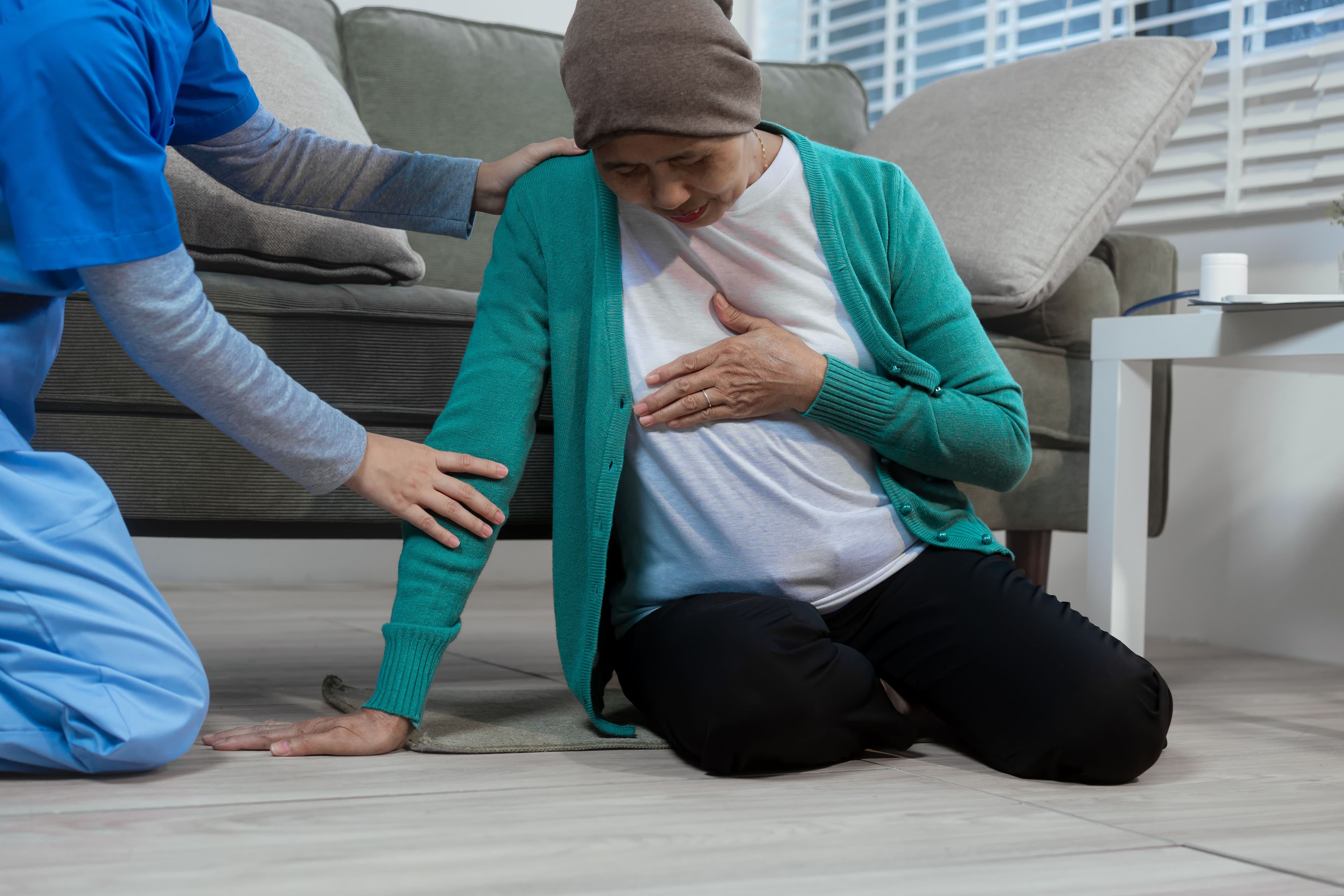
Nursing home abuse and neglect put vulnerable residents at serious risk, leading to malnutrition, dehydration, infections, and preventable injuries. When facilities fail to provide adequate care, residents suffer, and families are left feeling helpless. Lack of supervision, improper medical treatment, and unsafe conditions can result in devastating harm. Understanding the warning signs, knowing your legal rights, and holding negligent facilities accountable are crucial steps in protecting your loved ones. Learn how to take action and seek justice.
August 28, 2025
3 min
Falls are one of the most common and dangerous incidents that occur in nursing homes. They can lead to broken bones, traumatic brain injuries, loss of independence, and even death. For elderly residents who are already vulnerable, a single fall can change the course of their life forever. Families who trust a facility to provide safety are left devastated when neglect allows preventable falls to occur.
Michael Hill, an attorney focused on protecting the rights of nursing home residents, has worked with families whose loved ones suffered from falls that never should have happened. His experience shows that falls are not just accidents. Many are the result of neglect, poor training, or lack of supervision.
Falls in nursing homes can be caused by many factors, but most stem from failures in care. Common reasons include:
Michael Hill often investigates whether a facility had prior violations related to fall prevention. Patterns of failure show that a facility may not be meeting its responsibility.
The impact of a fall on an elderly resident is often catastrophic. Physical injuries can include hip fractures, spinal cord injuries, head trauma, and internal bleeding. These injuries frequently require hospitalization and may result in permanent disability.
Beyond physical harm, the emotional consequences are equally serious. Residents who fall may become fearful of walking again, leading to isolation and a decline in overall health. Families also suffer, struggling with guilt and anger over the facility’s failure to provide a safe environment.
Nursing homes have a legal duty to provide a safe environment and to protect residents from preventable harm. This includes creating individualized care plans that account for fall risks. Residents with a history of falls, mobility issues, or certain medical conditions should be given special attention.
Facilities must also train staff to recognize and address risks. Failure to do so is a violation of both state and federal regulations. Michael Hill explains that when falls occur due to neglect, families have the right to pursue legal action.
Families can help prevent falls by watching for early signs of risk. These include:
If you notice these issues, raise concerns immediately and request a review of your loved one’s care plan.
If your loved one experiences a fall, take immediate action:
Michael Hill brings both legal knowledge and compassion to families dealing with the aftermath of falls. He investigates whether staff failed to follow care plans, whether supervision was inadequate, or whether the environment was unsafe. He also works with medical experts to connect injuries directly to the facility’s failures.
Families often find relief knowing that someone is advocating for their loved one. Michael’s goal is not only to secure compensation for medical bills and suffering but also to push for changes that make facilities safer for all residents.
While legal action addresses past harm, prevention ensures future safety. Families can play an active role by:
Michael Hill stresses that prevention is always better than response. Families who stay involved help create accountability that reduces risks.
Falls in nursing homes are not always accidents. Many are preventable with proper supervision, staffing, and attention to residents’ needs. The consequences for seniors are devastating, often leading to serious injury, loss of independence, or even death.
Families who see their loved ones suffer from falls deserve answers. With the guidance of Michael Hill, they can uncover the truth, pursue justice, and push for safer standards in nursing homes. Through vigilance, advocacy, and accountability, families can help ensure that residents live with dignity and security.